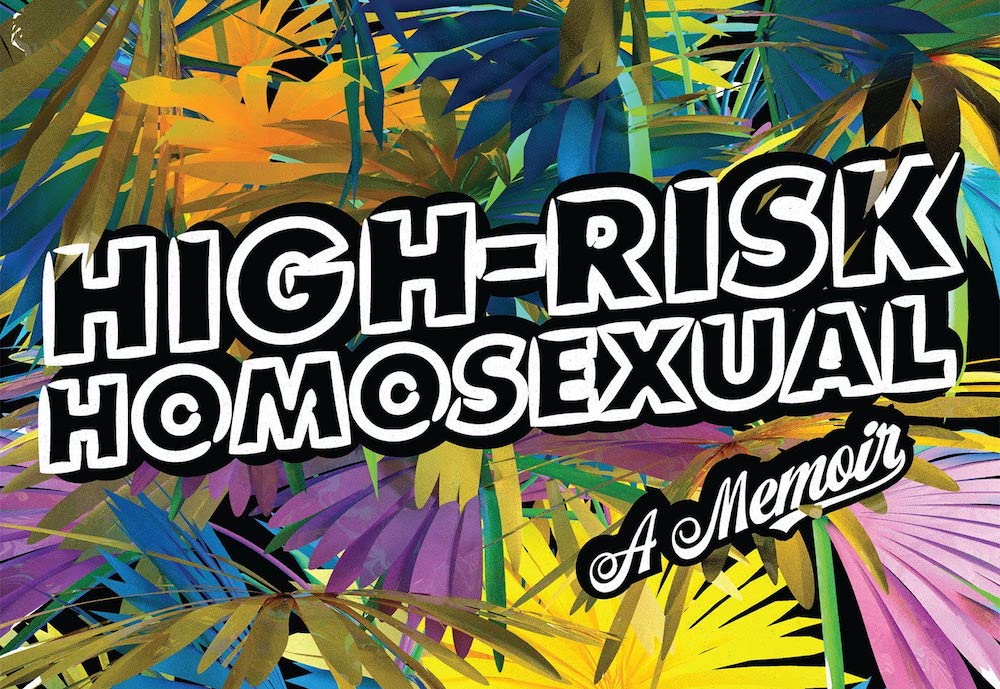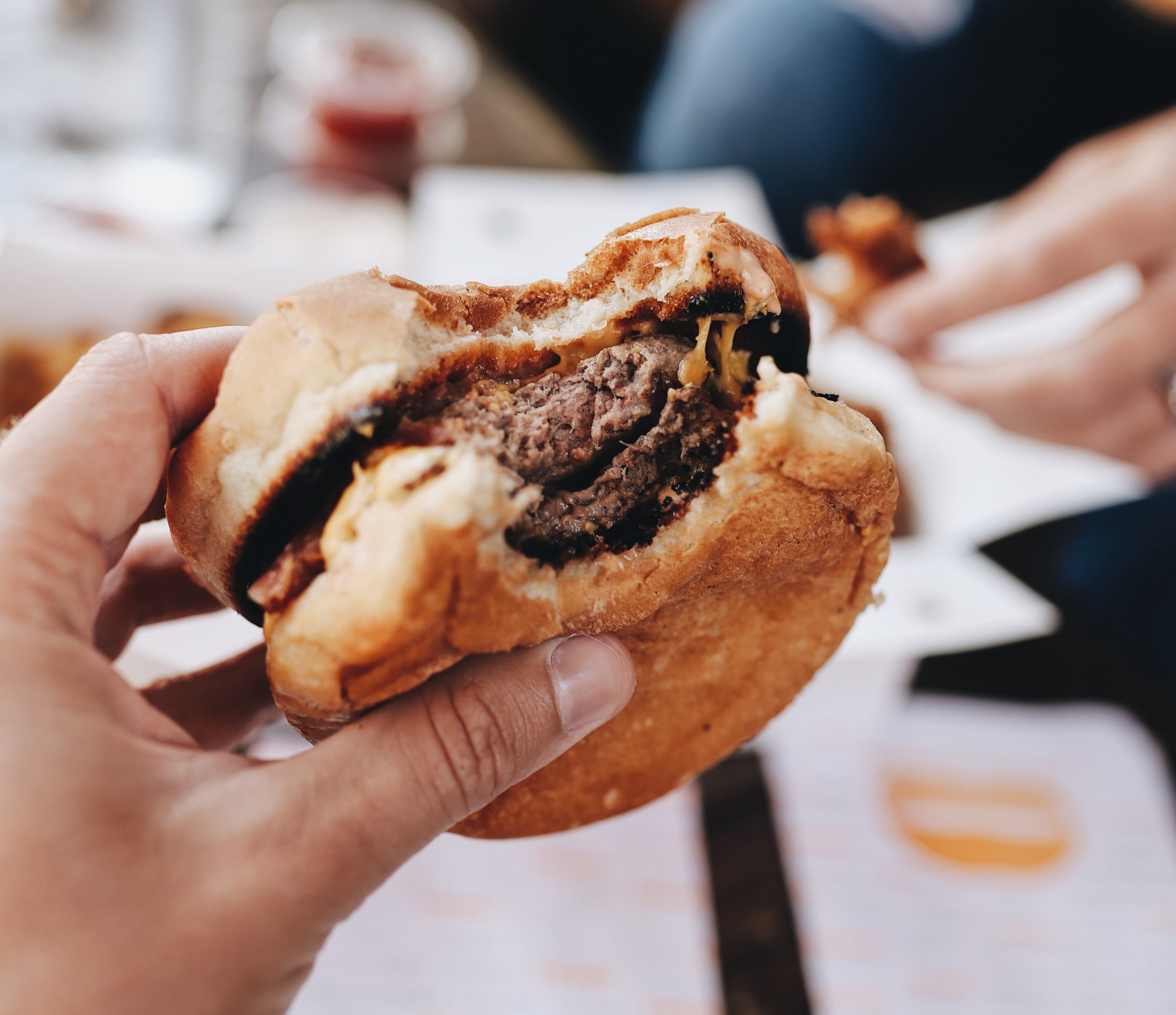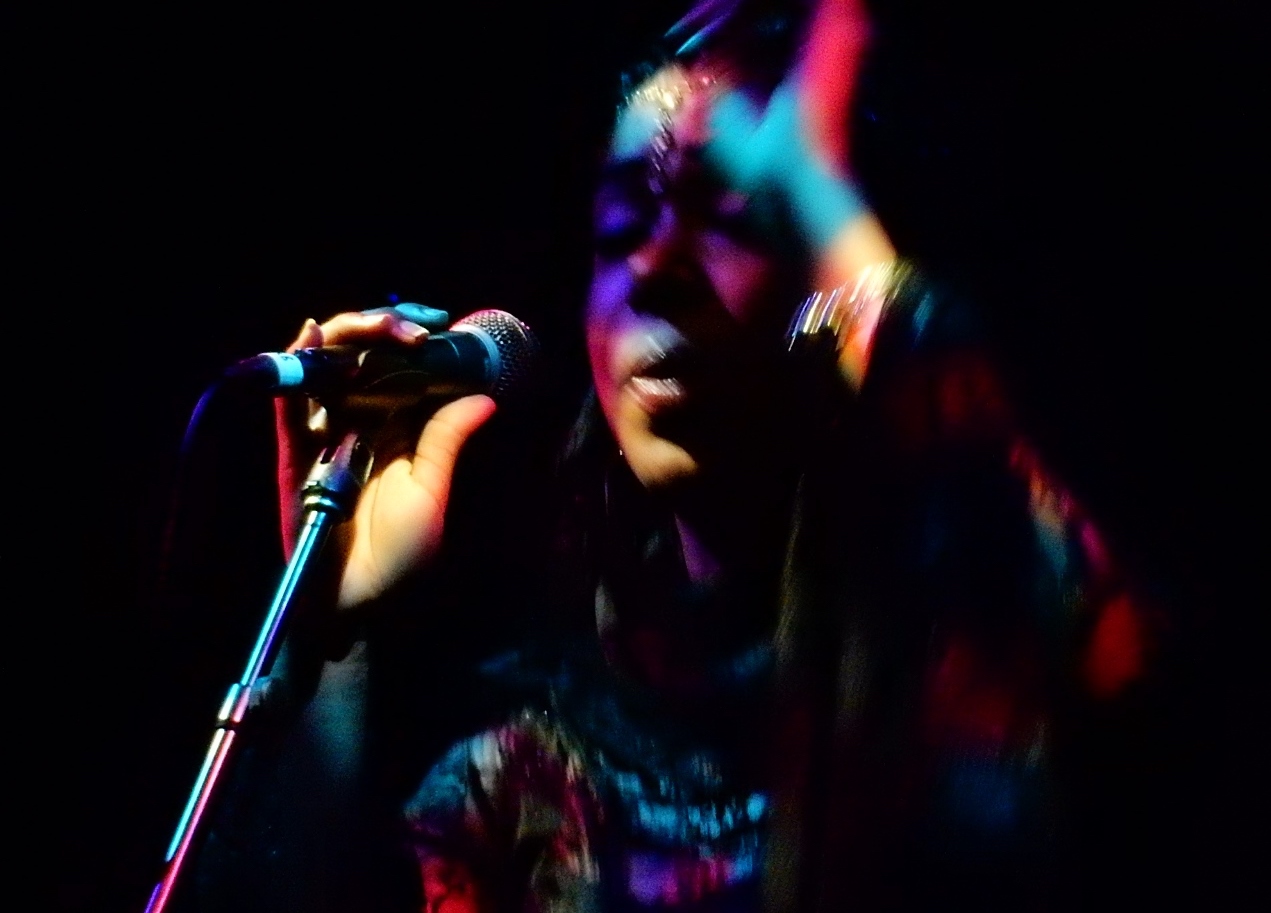interviews
INTERVIEW: Justin Torres, author of “We the Animals”

Justin Torres, the author of We the Animals, is 31, a graduate of the Iowa Writers’ Workshop, a Wallace Stegner Fellow, a former dog walker, and a former employee of Manhattan’s much-loved indie bookstore, McNally Jackson. Basically, the man was bred for literary royalty.
In Torres’ novella-length debut, a family of five — Ma, a white woman from Brooklyn, Paps, a Puerto Rican, also from Brooklyn, and their trio of sons — scamper and wrestle through life digging trenches, barking at strangers, playing merciless games, testing one another ruthlessly, while loving each other relentlessly. We the Animals is a herculean-powerful story about a family. It’s a coming-of-age story, it’s a chaotic story, it’s a loving story, and it’s a story that continues to haunt me. If the book were a montage, it would intro frame on skinny, caramel feet dangling from chairs, cut to an aerial shot of mambo dancing in a suburban kitchen, jump to an intimate shower scene, fade to a lonesome pre-adolescent son dancing in a movie theater, flashback to a family in a big-dick truck, zoom in on empty beer bottles, and frame-freeze on the youngest, pack-oriented brother.
It would have been lovely to write an all-praising review for this book, as many others will do, but I would have failed. The problem would have been accuracy. Especially after I enjoyed it so much and have considered it, I’ll admit, way more than I should. Instead I wrote Torres, clumsily. It went something along the lines of: “I continue to read your novel out loud to anybody who will listen — friends, you know who you are — and retell, retell, retell the unforgettable descriptions from the book. Could I, maybe, possibly, interview you?”
He agreed.
I had so many questions. Many of which, truth be told, I did not ask. So, on July 8th, I sat on my gratis IKEA-red couch in my Brooklyn apartment, waiting for him to log on. At 2 pm, sharp, g-chat notified me that “Justin is typing…”

Sara Ortiz: Let’s start with the 2011 BEA Editor’s Buzz Panel, where We the Animals was one of six featured books. How did you learn about the Buzz Panel’s pick?
Justin Torres: I found out from my publicist. The entire house was wildly excited. I’d never heard of the “Buzz Panel” or been to BEA, and I hadn’t known they’d put me up for it — so it was all a bit confusing for a minute. But then they explained they’d fly me out and put me up, and knew it must be a big deal, because everyone was just so excited. I did some internet research and found out that some really great books had been up the prior year, Ben Hale’s, Bruno Littlemore, and Emma Donnaghue’s Room…
SO: Are you affected by other people’s appraisals of your work?
JT: Ha! That’s such a difficult question to answer. To say no might give the impression that I am more confident and self-satisfied than I am. But to say ‘yes,’ would be a lie. I mean, hmm, I try to have thick skin. I try and make sure that I can stand behind every word before those words make it out into the world.
And when people say positive things, yes, I am just tickled to death. I love to hear it. I could hear it all day. But it doesn’t affect what I will write the next time. With negative comments maybe it’s different. I don’t mind hearing them, they’re thought provoking, and maybe they make me want to be better next time.
SO: What do you think might make people resistant to your work (your novel, in this case)?
JT: I remember, at Iowa, hearing third-hand someone’s negative appraisal of my work — this from a very confident, straight, white guy. He hadn’t read the entire novel, but a few chapters. He said it was provincial, and that I was afraid of writing about the larger world, the big ideas. He also talked a lot about my being a “minority” and “minority literature”… or so I heard.
SO: What was your response?
JT: If he had actually raised these issues to my face, I would have said something along the lines of…I don’t think we need to travel very far outside our own experience to find “big ideas” at play in the world. I mean, I love a lot of broad, inventive books. But I love small books as well. I’m not threatened by “majority” literature; I’m not threatened by literature that purports to address the big questions, or take a broad view of the world, and I’d be curious as to whether, and why, he felt threatened by what I was doing.
But he didn’t like me, and we had never had a class together, and we never got to have that conversation.
SO: Right. Would you call your book esoteric?
JT: Not at all. What’s more universal than family?
SO: Will you talk a bit about the novel’s length? Did you think it would be longer?
JT: The length is in inverse proportion to the effort. It took me years to write.
SO: Two years? Three? Three and a half?
JT: Five or six! But I should say, that in the beginning, I had no intention, or idea, that I was writing a novel. I wrote for myself mostly, and I was figuring out how to write. And I was working. So I wrote sporadically, when I could find a moment. It wasn’t until I got to Iowa that I had time to just focus and admit I was writing a book, and at that point I had to figure out a structure and rewrite everything. But I always knew that the book would be comprised of very short chapters. And that the book itself would be short.
I write so slowly! Word by word. Sentence by sentence. I don’t produce a lot of drafts…I revise, obsessively, as I’m moving forward. It takes forever.
SO: I strongly identified with the family of five, having been a sibling of three. The characters felt real. How much of the novel is autobiographical?
JT: Three is such a dramatic arrangement, isn’t it?
SO: Preach!
JT: It’s mathematically impossible not to have drama with three — because it’s just so easy to switch allegiance and out-number or be out-numbered.
So the hard facts mirror my own biography. I have two older brothers, my mother worked in a brewery, my folks are from Brooklyn, but the incidents are all fiction. These are very much characters, and what they do and say to each other are products of my imagination. It’s a difficult thing to describe. People always ask me why I didn’t write memoir, but I think that fiction frees you to get at emotional truth, because you’re not bogged down in fact-checking. Also, I think the characters I invented, who are so different from my real life family members, are more interesting — no, interesting in a different way — than my own kin.
SO: Is your mom white and is your dad Puerto Rican?
JT: My mother is from Italian and Irish descent and my father’s parents were born in Puerto Rico. Yes.
SO: In the chapter titled “Heritage,” while the three brothers are dancing in the kitchen, the father shouts at them: “You ain’t white and you ain’t Puerto Rican. Watch how a purebred dances, watch how we dance in the ghetto.”
It’s clear the kids don’t fit in either category. Did this resonate with you growing up?
JT: I grew up in a very, very white town. A small town in central New York. We certainly stuck out on our block. Our parents were so young, so Brooklyn, and our father was so Puerto Rican, I mean, the only Puerto Rican for probably a thirty-mile radius. So everything in the book resonates with me on a personal level, yes. I think I wrote that scene, because there is a certain lose-lose attitude towards being mixed race. You ain’t this, you ain’t that. And I wanted to express that, but also, that’s a pretty joyous scene as well. I think that there is a bounty to being able to dip into this or that the other category. I’m no longer the class I was growing up, I no longer claim the sexuality I was expected and raised to have, but I feel like I have access to all of it, to so many worlds, at the same time I feel like I don’t belong.
SO: Were you a big reader as a child?
JT: I was a big reader as a child. I possessed an incredible ability to focus on the words in front of me and completely tune out everything happening around me. This skill served me well in many, many situations. The funny thing is, I can’t turn it off. I still just lose myself completely in books, and my poor man will try and try to talk to me, but I just don’t hear him. Sometimes he’ll come over and put his hand or face between me and the book, but mostly he just gives up.
SO: Ha. I love that. (Also, “poor man?”)
JT: (Hehe…I hate the word partner! So I always say, my man).
SO: So, what are you working on now?
JT: I’m working on the next book! It is impossibly slow moving, as I’ve said. But I’ve written a couple of stories in the past year, one is going to be in Harper’s in the fall, and the other in The New Yorker, this summer, which is great, because I was starting to worry this book was a fluke, and no one would be interested in other things I had to write.
SO: Impossible!
Okay, the remaining questions are quick ones: New York or San Francisco?
JT: New York
SO: Twitter or Facebook?
JT: Bleh.
SO: Ha!
JT: I do have a Facebook though, not a Twitter.
SO: Reading tablet or book?
JT: Book! (But any way folks like to read, is fine with me, as long as they’re reading.)
SO: Computer or longhand?
JT: Computer.
SO: Jennifer Egan or Jonathan Franzen?
JT: EGAN

***
– Justin Torres was raised in upstate New York. His work has appeared in Granta, Tin House, and Glimmer Train. A graduate of the Iowa Writers’ Workshop, he was the recipient of a Rolón Fellowship in Literature from United States Artists and is a Wallace Stegner Fellow at Stanford. Among many other things, he has worked as a farmhand, a dog walker, a creative writing teacher, and a bookseller.
– Sara Ortiz is a writer from Austin, TX. She’s on Twitter as @chikitlinski — say that five times fast.
Editors note: To celebrate the release of We The Animals, Justin Torres will be at McNally Jackson Books on September 13th. More info here.








